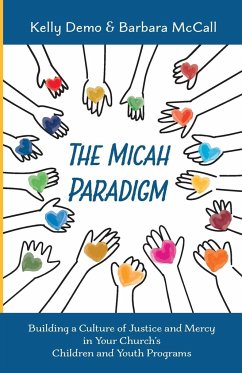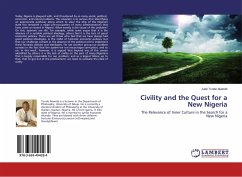Written as "a plea for civility and kindness in our troubled times," Consider One Another inspires twenty-first-century Christians to reclaim some of the simplest, yet most profound, teachings of our Lord: mindfulness, consideration, courtesy. Bestselling author Aubrey Johnson explains, Love is the greatest command, yet what is love but kindness that stems from thoughtfulness? I cannot love you without first thinking of you. That is why consideration is the foundation of love and the basis of all the good you will do in your lifetime. He goes on to ask, "How can we save souls if we do not care enough to comfort hearts? If I do not care about your humanity, why should I concern myself with your eternity?" With more challenging questions like these, along with inspiring stories and encouraging words, Aubrey's newest book is sure to touch your heart. His prayer is that it would also open your eyes. For "awareness of others-their presence, feelings, and needs-is fundamental to civility in society and to Christlikeness in your soul."
Hinweis: Dieser Artikel kann nur an eine deutsche Lieferadresse ausgeliefert werden.
Hinweis: Dieser Artikel kann nur an eine deutsche Lieferadresse ausgeliefert werden.








